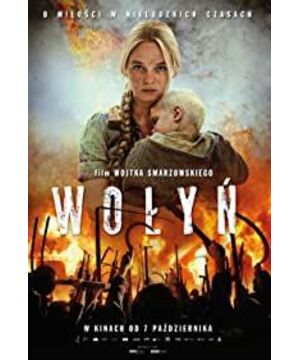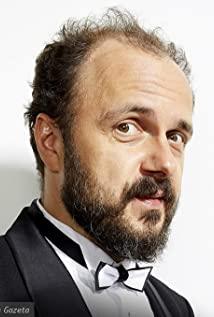The title Warren is the Polish name of the place where the film takes place - a miserable land located on the border between Poland and Ukraine, where the multi-ethnic mixed hands have changed hands and wars are frequent. The time of this film is mainly concentrated during World War II: the Depo-Usu Quartet here competes in pairs and groups, culminating in the massacre of tens of thousands of Polish civilians (mainly women and children) by the Ukrainian rebels in the summer of 1943.
Although I only watched "The Smeared Bird" not long ago, I thought I had adapted to the bloodiness of the fighting nations in Eastern Europe, but it seems that my drawing is still broken. The various torture scenes in this film even dwarf the Jewish Holocaust in a single brush. The key point is that these are adaptations of real events (called documentary-style depictions by Polish historians), and it is no wonder that they are banned in Ukraine.
The film opens with a happy wedding, of course, to compare with the crazy ending (such as the front and back echoes of the beheading on the threshold), but in fact the foreshadowing of the conflict between the two sides has long been buried in the surging undercurrent of peace (a bit of "The Godfather". mean). Some people say that this film promotes hatred (such as the English title of this film), I think it depends on the audience. It's like the two priests of Catholicism and Orthodox Church preaching diametrically opposite in the film, no one can stop you if you have to abandon good and follow evil, but the director's attitude should be said to be obvious: "The world is full of too much nationalistic enthusiasm, And that zeal is measured by hatred of other nations and peoples; no nation is immune to this poison." That statement is still valid and harsh today. In addition, it is commendable that, in addition to the Ukrainian atrocities against the Poles, the director did not cover up the equally cruel revenge of the Poles. This further shows that the film is not for the post-autumn settlement with a political stance, but for the wake-up call of humanitarianism.
View more about Hatred reviews











